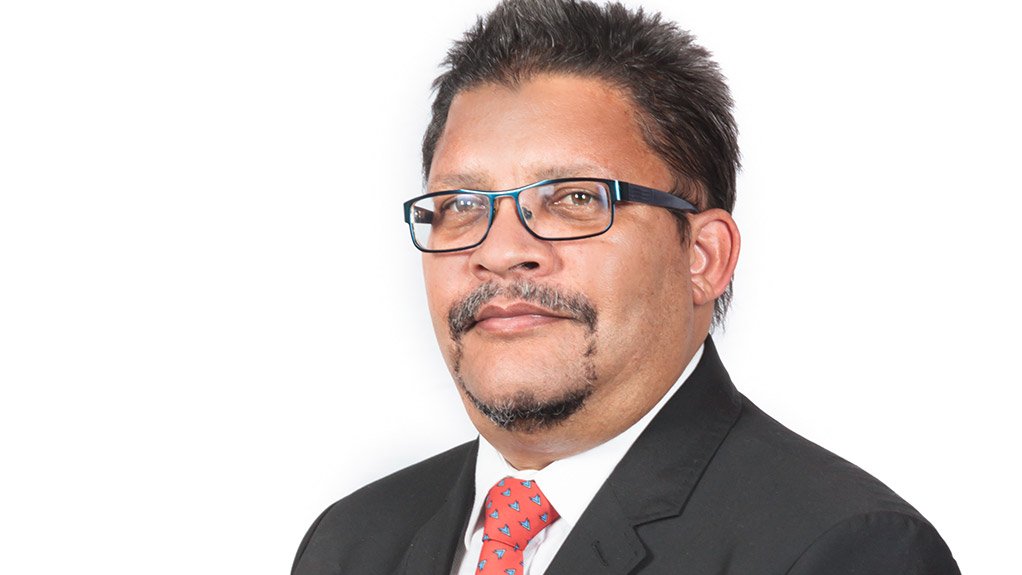Industry representative Consulting Engineers South Africa (CESA) will host the twenty-fourth International Federation of Consulting Engineers’ Group of African Member Associations (Fidic GAMA) Conference – one of the biggest networking events for African consulting engineers – in Cape Town from May 7 to 10.
Cesa CEO Christopher Campbell points out that a key focus of the event will be encouraging partnerships between South African engineering firms and firms in other African countries that can provide support to local member firms as they venture into other countries to provide consulting engineering services.
He notes that the local civil engineering and construction sector has been facing a challenging period, with a radical downscale in infrastructure spending throughout the country after the 2010 FIFA World Cup. While there were great expectations of new projects in 2012 as multinationals sought to establish a base in South Africa that would facilitate business northwards into Africa, he says, not many of these strategic infrastructure projects have been fully realised.
“We have also seen a dramatic decrease in investment in infrastructure projects following the global commodities downturn. “State-owned freight utility Transnet, for example, had huge plans for expanding its railway lines for coal and iron-ore export through its Market Demand Strategy, but these have been deferred, owing to a lack of demand for the commodities.”
While there is a lot of infrastructure work that needs to be undertaken in South Africa – particularly in terms of water and sanitation – Campbell notes, questionable procurement practices have left civil engineering and construction companies with “mixed experiences” of the business environment, with some forced to downsize their operations, while others have been able to successfully weather the challenges.
“We remain optimistic for 2017; however, there are some areas that need to be given the necessary attention to increase investor interest in South Africa, most notably political certainty and energy reliability. In an age of globalisation, South Africa cannot afford to be only inward looking; we are part of a global economy, with advanced information- and resource- sharing systems, and we need to make the most of opportunities that will drive infrastructure development.”
Campbell highlights that the Fidic GAMA Conference will facilitate discussion among key players in the industry on these issues, providing a platform to enhance the relationships between those who can drive such development throughout Africa.
“All too often, foreign professionals assume that they can go into an African country and complete a project without drawing on the expertise of local professional practitioners who can offer valuable insight into the environment where they are working.
“Too often, these designs are premised on a First World operating environment, specifying equipment for which there may not be spare parts or maintenance experts available in the country.”
Campbell says that, through the conference, Cesa aims to achieve “a more inclusive approach to infrastructure development in Africa, so that it is made more sustainable”.
The conference will consider how partnerships can be fostered to create and develop more sustainable local capacity, taking into account the perspective of the development banks that traditionally fund such projects.
The event is aimed at consulting engineering firms worldwide, as well as suppliers to the engineering industry, contractors, investors and finance houses, and will include presentations and interactive roundtable discussions to encourage the sharing of multiple perspectives. Cesa is expecting between 400 and 500 delegates worldwide to attend.
Edited by: Zandile Mavuso
Creamer Media Senior Deputy Editor: Features
EMAIL THIS ARTICLE SAVE THIS ARTICLE
ARTICLE ENQUIRY
To subscribe email subscriptions@creamermedia.co.za or click here
To advertise email advertising@creamermedia.co.za or click here













